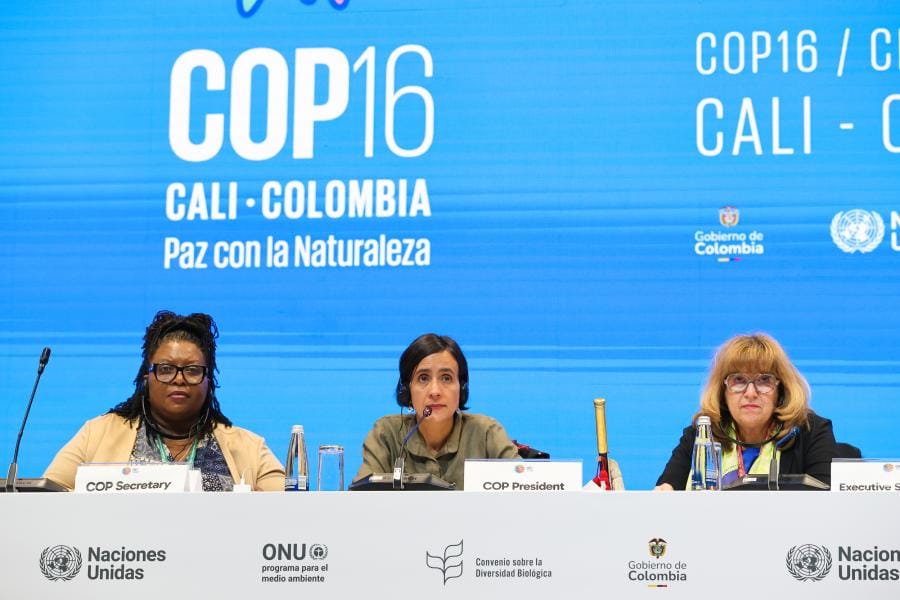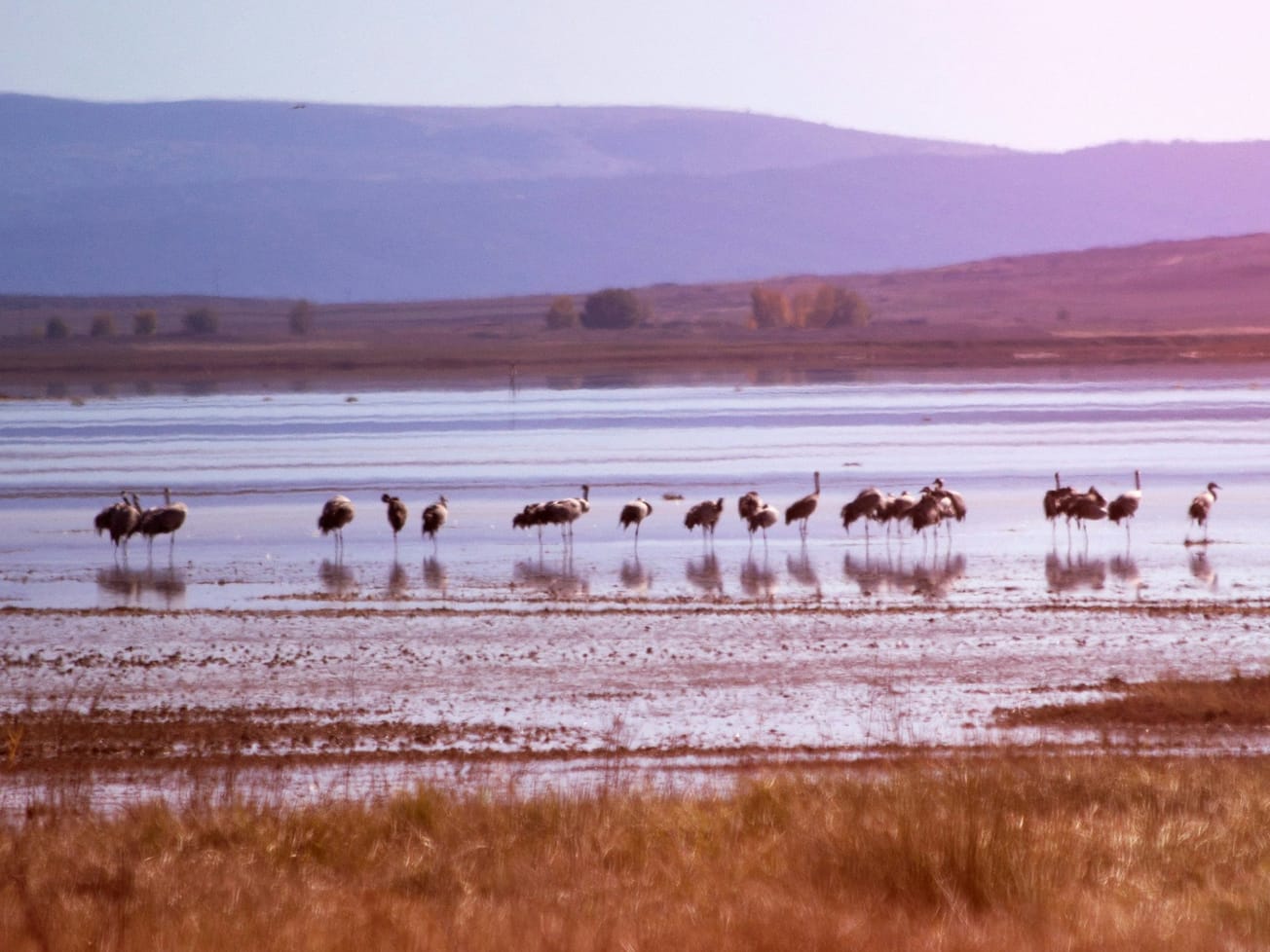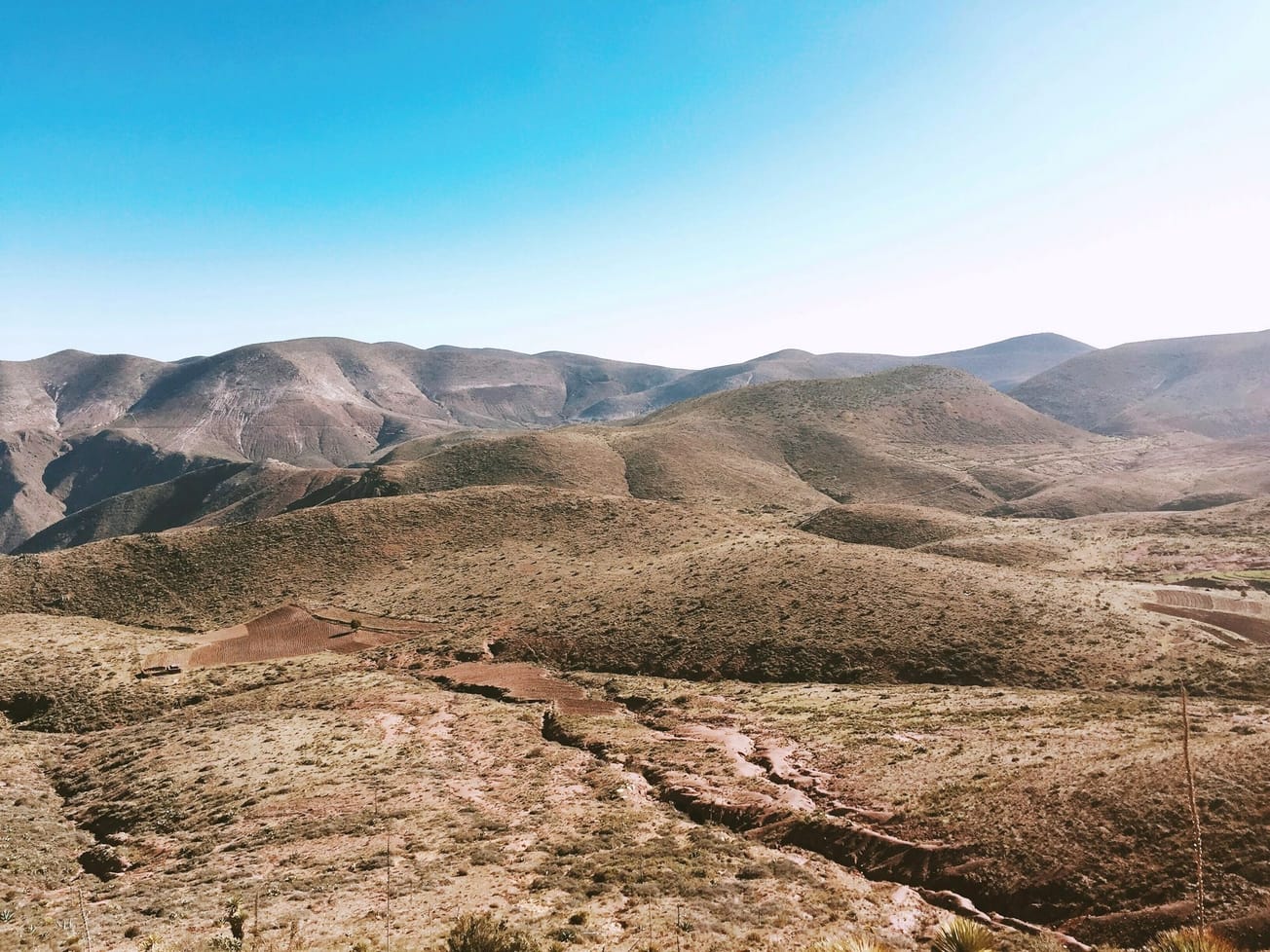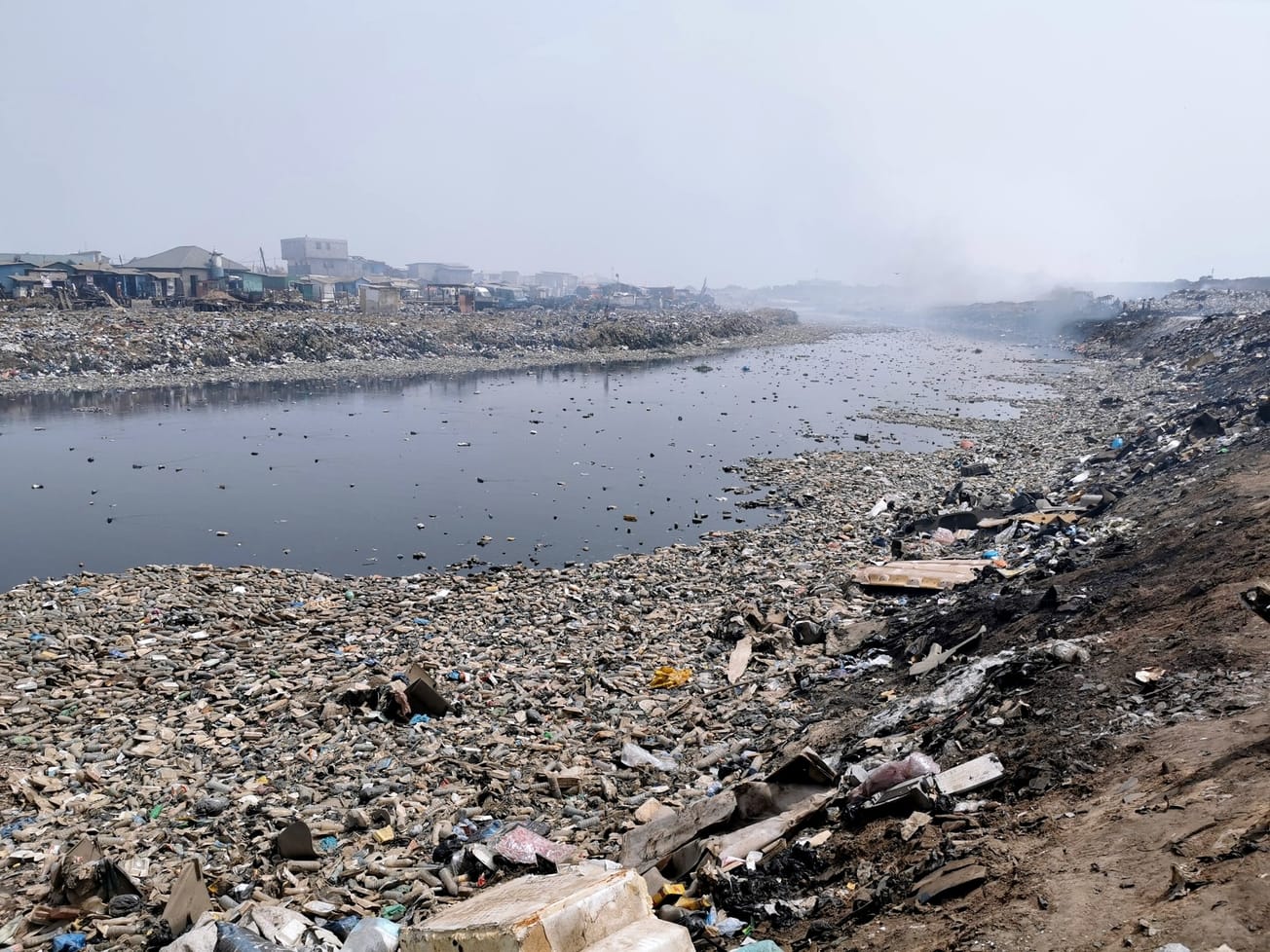Negotiators at the world's largest summit on nature conservation came away empty handed after wealthy countries in the Global North blocked a proposal to help developing countries in the Global South restore nature.
The talks had a "heart-stopping" ending in the early hours of Saturday after two weeks of meetings in Cali, Colombia, due to the complexity of unresolved issues and an inability to compromise, according to Susana Muhamad, Colombia's environment minister and the conference's president.









